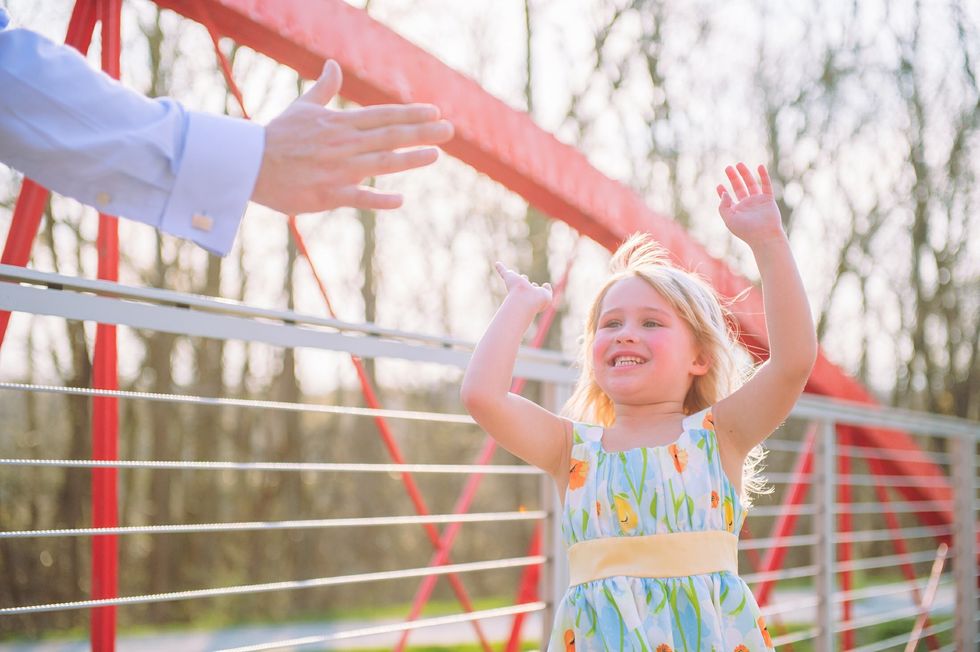With everything surrounding child sexual assault in the news lately there has been extra talk surrounding how to best protect kids from predators. This conversation seems to have turned into a lot of talk about the kinds of adults these kids are left alone with, which, believe me, I know is an important conversation to have, but there is one issue missing from this conversation, and it is the idea of granting kids bodily autonomy from a young age.
I realize that, especially for parents, this must be tough. You spend years of childrens' lives changing their diapers and wiping their vulvas and butts, so it is tough to not feel some ownership to their bodies, as they were and are yours to handle for so long; it makes sense. However, from the age that children are able to walk and/or articulate their feelings through either intentional action, parents and guardians have to start allowing children to make their own choices with their own bodies.
This means a few things. I want to reassure you, oh kind reader, that I am not suggesting that your kids should not hug or kiss their family members; what I am saying is that it should always be a question or a suggestion, but never a command.
This means, at a family function, there should never be an instance in which someone guilts a kid into hugging or kissing a family member. "Oh c'mon, honey! Remember when Aunt Stacy bought you those legos? Go give her a hug!". A better statement would be "Honey, remember when Aunt Stacy bought you those Legos? I know you loved those. Would you like to give her a hug or kiss and thank her?", then, if the kid answers no, there should be no guilting involved. Instead, offer the kid some alternatives "Alright. Would you maybe want to give her a high-five or create a secret handshake instead?".
Odds are, the kid will agree to at least one of the alternative options, but if they don't, that is okay, too! If this is the case, feel free to start an open dialogue with the kid explaining how you would like them to have physically affectionate relationships with family members, but that they do not have to.
This also means we must give kids the language to say "no" to touch. It is with this foundation that they can start learning vocabulary like "I don't like it when you touch me like this" or "like that", or "this feels good" or "this does not". These are the formative years we talk so much about when it comes to other forms of development and habit-setting, so why not do so with this case as well? If we give the kids the language from toddlerhood to use with their close friends and family, then it is more likely that they will have these tools when they encounter situations of touch when they are away from home; these could be a friendly decline of a kiss, or, in terms of predators, protective of themselves with the vocabulary to do so. With this, these kids must be taught the scientific terminology for their genitals. That way if, god-forbid, something happens, a kid will be able to say, to an attorney, that they said no and where exactly the predator tried to touch them.
As your kids get older, it is with this autonomy that they will be able to best articulate what they want from romantic and sexual partners in terms of physical touch, and beyond. Just like you try and instill lifelong values in other areas with your children beginning from a young age, do the same with touch.
Your kids have their own bodies that are so unique and beautiful and all theirs!














